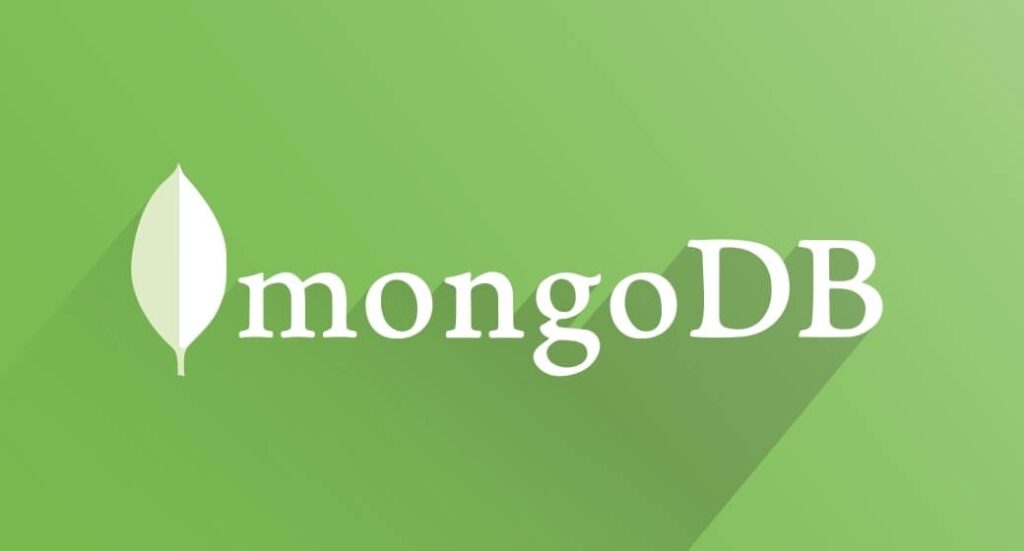In its first years, MongoDB was considered to be the “barbarians at the gate”. This was because MongoDB believed that the relational model of data was natural but inefficient. Object-oriented software developers and agile software development professionals liked the simpler alternative aligned with modern agile and DevOps methods.
MongoDB’s popularity has greatly increased over the last 10 years among a very large segment of the software development community. Undoubtedly, MongoDB is more popular today than the venerable incumbents ten years ago. Only MongoDB is 21st-century technology as opposed to the other four leading databases (according to DB-engines.com rankings). The others were developed in the 1980s and 1990s.
Successful barbarians, however, eventually emerge civilized. MongoDB now must appeal to enterprise decision-makers as well as developers working on the front lines. And, that point about the JSON document model has already been made, MongoDB now faces the reality that all of the legacy databases are offering increasing support for JSON data models. The success of new SQL-compatible databases such as cockroach DB and snowflake DB indicates a resurgence of support for SQL. It’s not impossible that NewSQL variants offering “good enough” JSON support will dominate the market within two years.
In order to maintain its rapid growth, MongoDB cannot be complacent; it must look forward. Currently, MongoDB has around 40 people working for it who come from diverse backgrounds and they are primarily focused on its future development. MongoDB Labs, a Sydney-based initiative, has been created exclusively for the purpose of looking into the future of MongoDB.
Data from websites and mobile applications are primarily sent to it as hot transactional data. MongoDB Atlas Data Lake and Amazon S3 buckets are both examples of cold data that can be accessed by MongoDB Atlas Data Lake. It provides an alternative to SQL thanks to MongoDB query language (MQL) and aggregation framework. As a consequence of its success, MQL has become the defacto standard for MongoDB lookalikes; Microsoft and Amazon, for example, have implemented MQL-like interfaces. Nevertheless, SQL remains a vibrant technology. We are likely to see MongoDB’s interoperability with SQL increasing just as SQL databases add JSON support.

